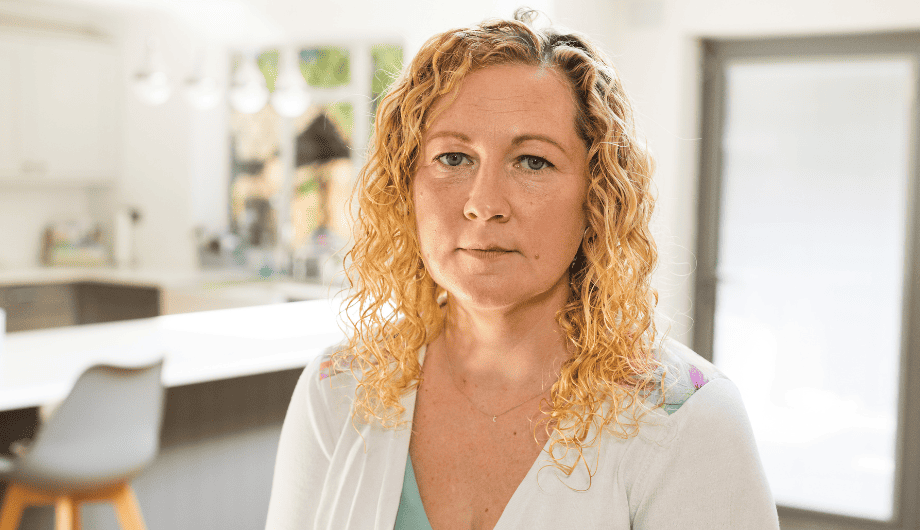
Saïna’s story – A song for my beloved grandpa, Ralph
Saïna opens up about how her grandfather’s dementia has affected her, and how songwriting has provided a release.
Sundowning is a term used for changes in behaviour that occur in the evening, around dusk. Some people who have dementia experience a growing sense of agitation or anxiety at this time.
Sundowning often makes the person with dementia feel very strongly that they are in the wrong place. They might say they need to go home, even if they are at home, or that they need to pick the children up from school, even if they’re now adults. Other symptoms might include shouting or arguing, pacing, or becoming confused about who people are or what’s going on around them.
Sundowning has several causes. As the day goes on, the person with dementia becomes more tired, and this can lead to their dementia symptoms worsening. Hunger, thirst and physical pain can also play a part.
As darkness falls, streetlights come on and people settle in for the evening. These changes can make the person increasingly concerned that they are in the wrong place, or that they have forgotten to do something vital during the day.
If you need advice on any aspect of dementia, please call our free Dementia Helpline on 0800 888 6678 (Monday-Friday 9am-9pm, Saturday and Sunday 9am-5pm, every day except 25th December), email helpline@dementiauk.org or you can also book a phone or virtual appointment with an Admiral Nurse.
Our virtual clinics give you the chance to discuss any questions or concerns with a dementia specialist Admiral Nurse by phone or video call, at a time that suits you.

Saïna opens up about how her grandfather’s dementia has affected her, and how songwriting has provided a release.

Ricky’s talks about how his Gran’s dementia diagnosis impacts his whole family and why he is supporting the ‘We live with dementia’ campaign.

As a carer for her mum, who has vascular dementia, Clare is taking part in our ‘We live with dementia’ campaign to make more people aware of the support our nurses offer.